



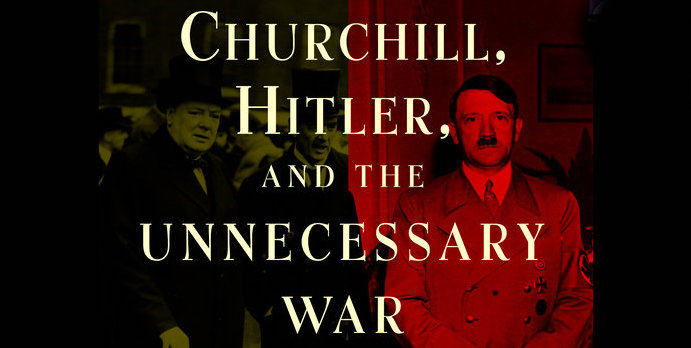

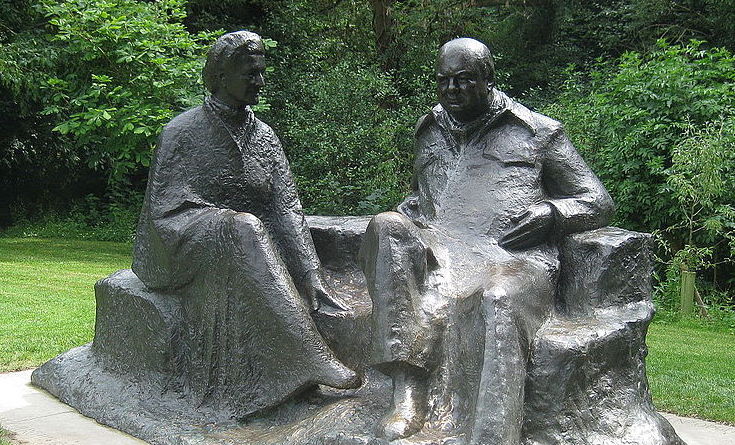
I am doing some work for my English AS course and need a comparative piece to go with a poem I am studying. I have tried looking for Winston Churchill’s goodbye letter to his wife but have been unsuccessful. Is there any way I could even have a part of the text of the letter for my studies? —A.S., UK
A: “In the event of my death…”This was a great and memorable letter. After his removal as First Lord of the Admiralty in 1915, Churchill spent six uneasy months in a sinecure position, unable to influence war policy.…

An Italian journalist writes for Churchill references to the attacks on Monte Cassino during the Italy campaign in spring 1944, asking about “his silence, later contradictory” on the bombing of the town’s ancient monastery. If the implication is that Churchill was uncaring over the destruction of ancient shrines and grand buildings, that would contradict his revulsion over the bombing of Dresden. If it is that this particular destruction didn’t appear in his statements at the time, that is true. War is hell, and to expect him to eulogize every devastating loss is to expect a lot.…
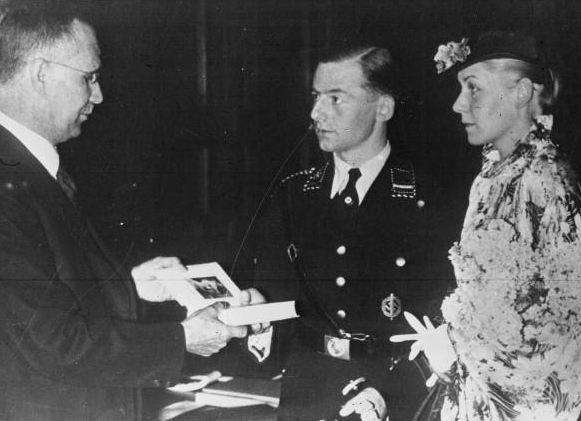
When did Churchill first read Mein Kampf, and did he have any early reaction to it?” Of Mein Kampf in his war memoirs, he wroe:
…there was no book which deserved more careful study from the rulers, political and military, of the Allied Powers. All was there—the programme of German resurrection, the technique of party propaganda; the plan for combating Marxism; the concept of a National-Socialist State; the rightful position of Germany at the summit of the world. Here was the new Koran of faith and war: turgid, verbose, shapeless, but pregnant with its message.[1]…
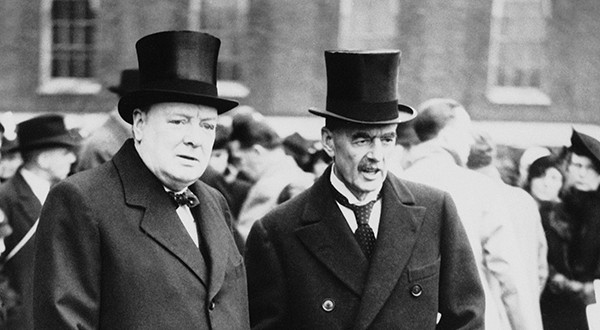
…was a theme of Churchill’s, and he often wrote about it. He made many mistakes, but throughout his career he was seldom guilty of lacking consistency. Continued from Part 1…
“Much better if he had never lived”Churchill maintained friendly relations with Baldwin until Baldwin died in 1947. Nevertheless—which was rare for him—he never forgave and never forgot. In June 1947 he made an astonishing statement: “I wish Stanley Baldwin no ill, but it would have been much better if he had never lived.” Official biographer Martin Gilbert wrote that this was not Churchill’s usual consistency, but exactly the opposite:
In my long search for Churchill few letters have struck a clearer note than this one.…
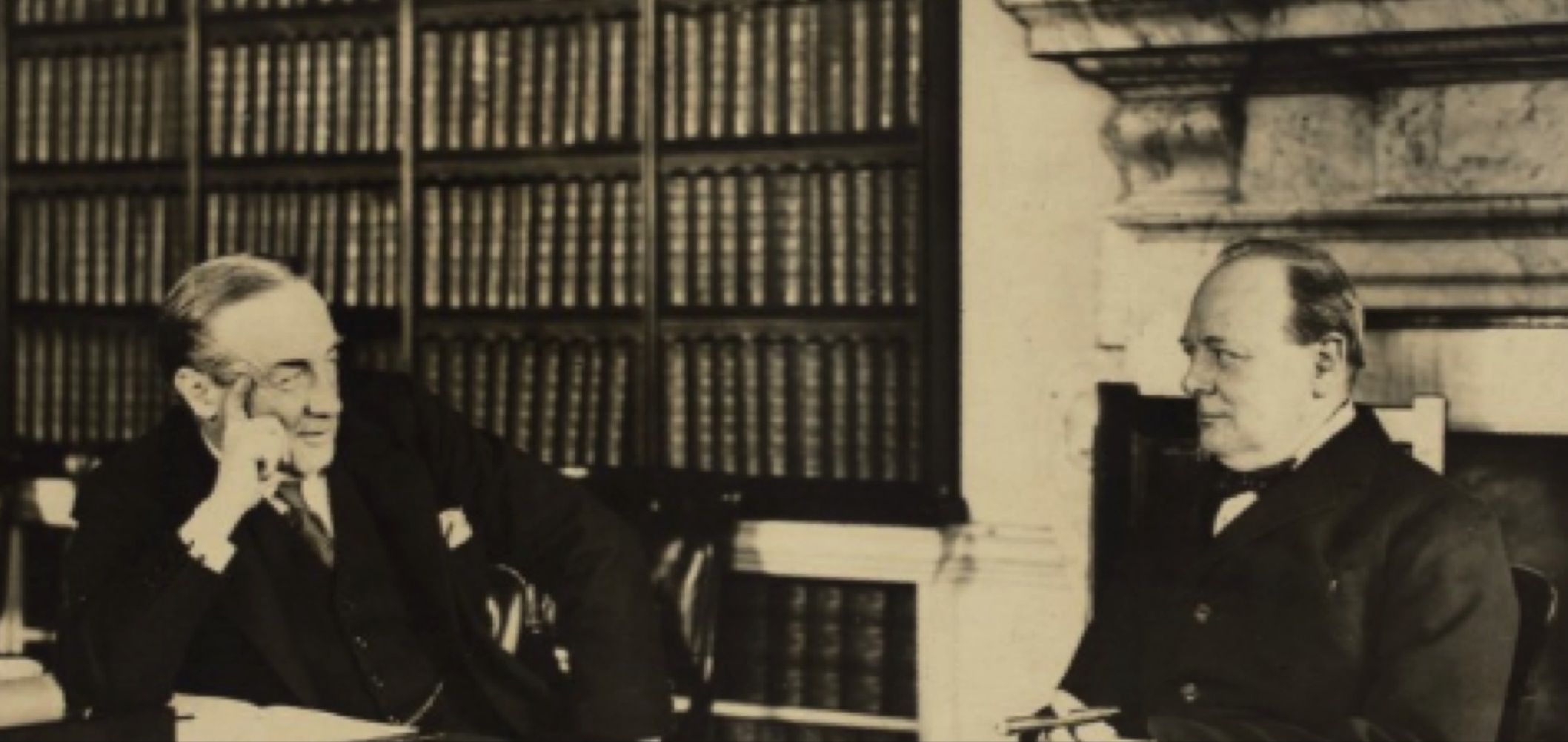
“Churchill’s Consistency,” first published in 2011, is updated with material from my book, Churchill and the Avoidable War. It exonerates, partially, the statements and actions of Mr. Baldwin in the debate of rearmament in the 1930s.
“Politics before country”A U.S. Congressman, observing America’s spending problem, proposed an elaborate plan to fix it. In the process he didn’t wilt under the assault directed toward anyone who defies the status quo by proposing practical change. Intending to defend his ideas in a speech, his private office asked me to verify what Churchill said on consistency among politicians.…
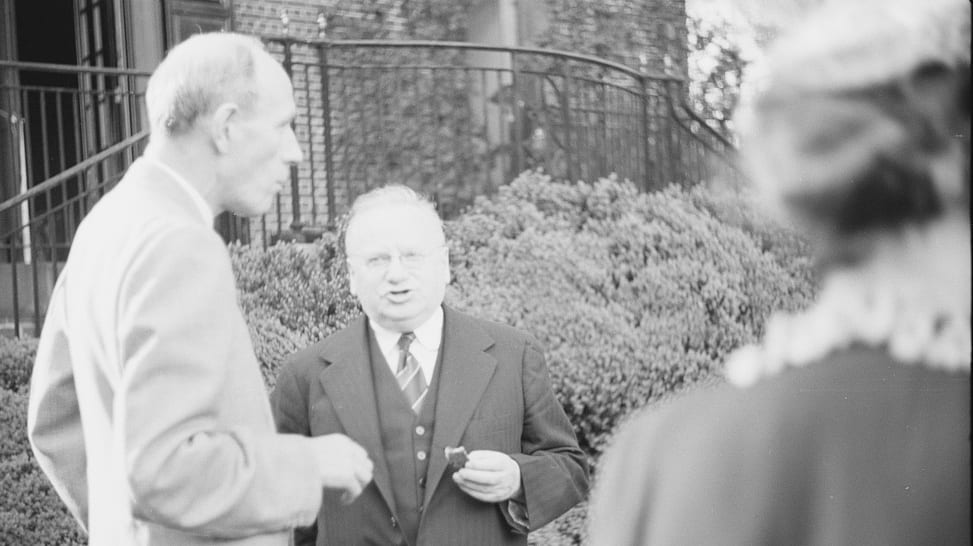
Review of Parker excerpted from the Hillsdale College Churchill Project. For the original text including more images and endnotes, please click here. Subscriptions to this site are free. You will receive regular notices of new posts as published. Just scroll to SUBSCRIBE AND FOLLOW. Your email address guaranteed to remain a riddle wrapped in a mystery inside an enigma.
* * *Alistair Parker, ed., Winston Churchill: Studies in Statesmanship. London: Brasseys, 2003, 282 pages, paperback, Amazon $32; hardbound copies also available.
“There are times,” wrote a great Cambridge scholar, Sir Geoffrey Elton, “when I incline to judge all historians by their opinion of Winston Churchill: whether they can see that no matter how much better the details, often damaging, of man and career become known, he still remains, quite simply, a great man.”…